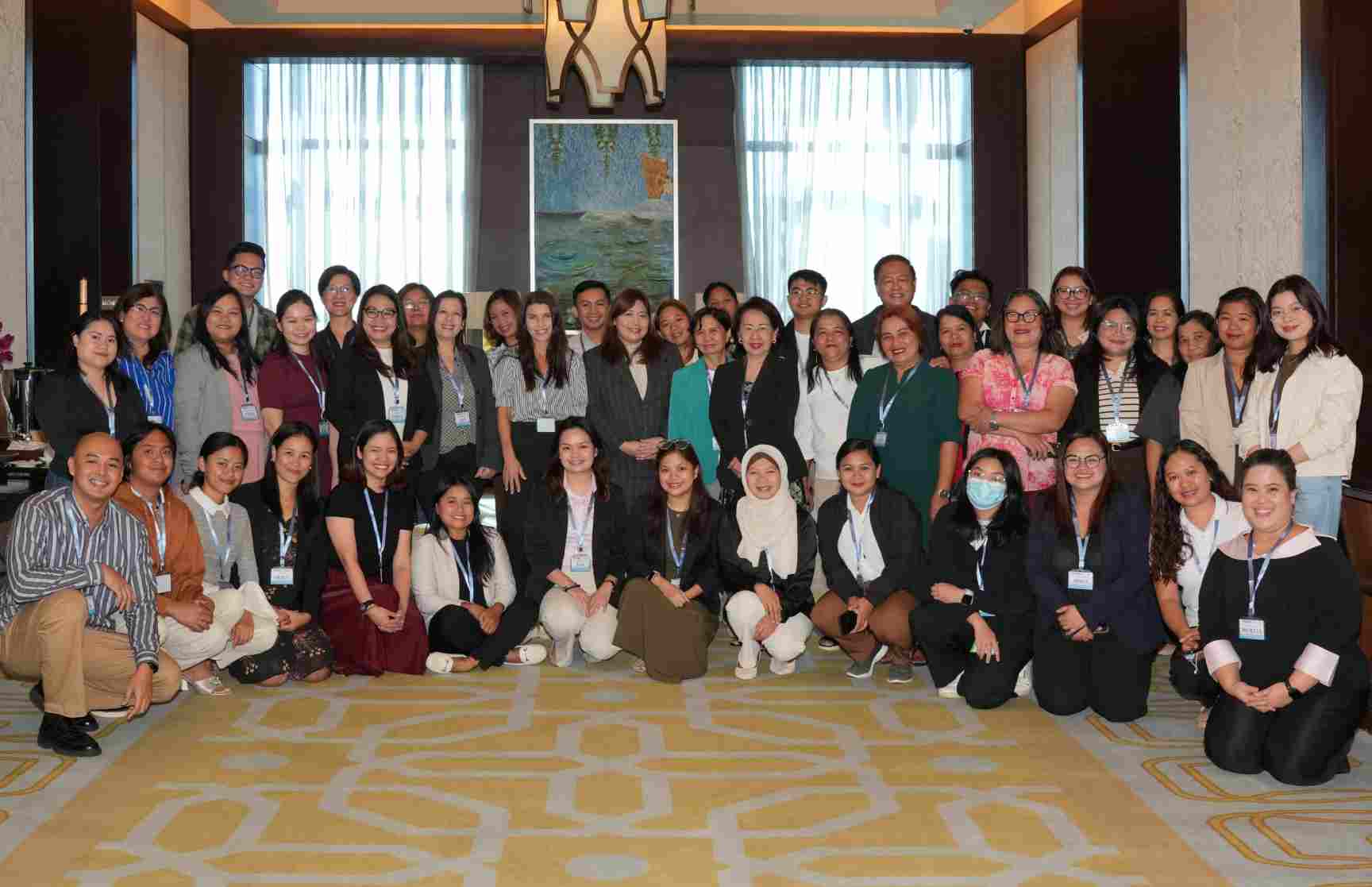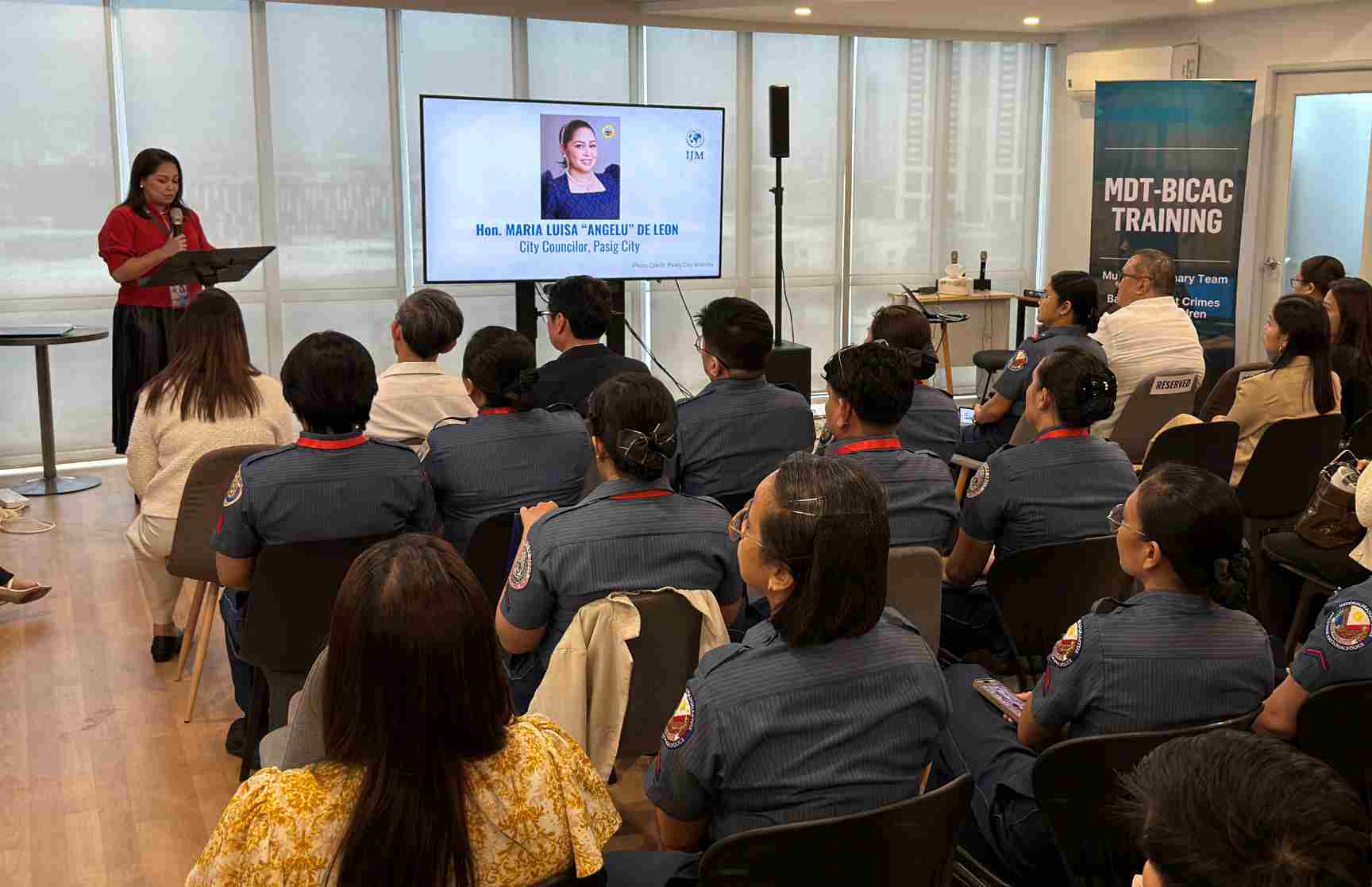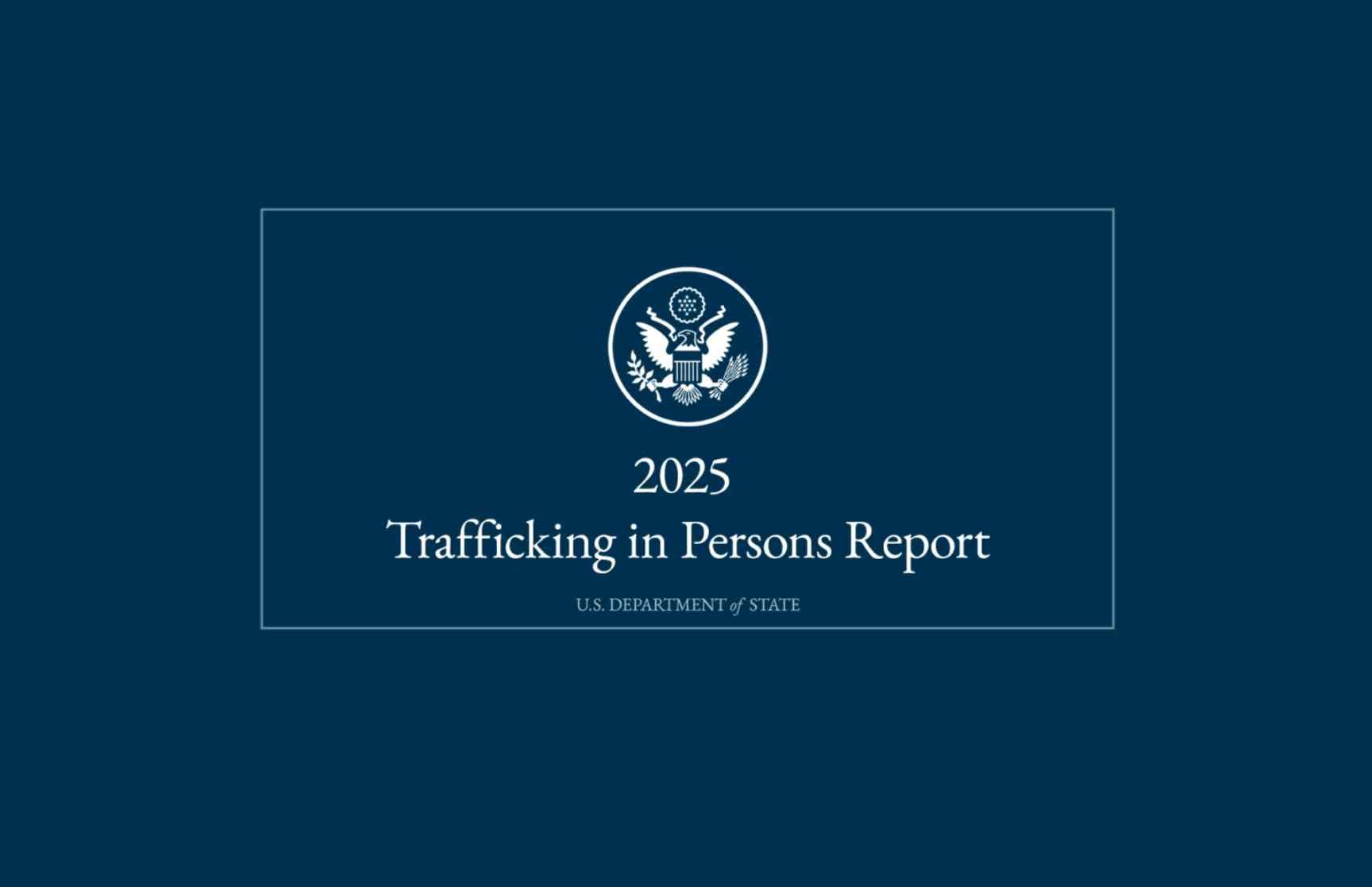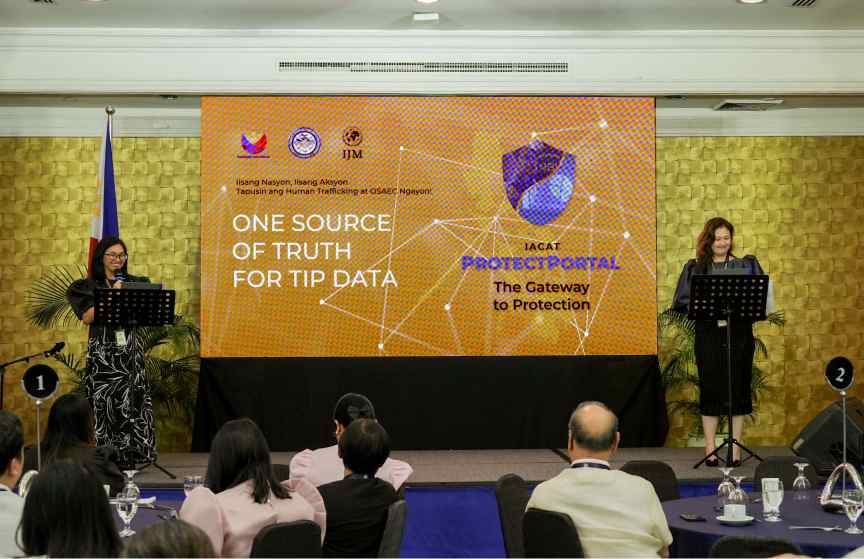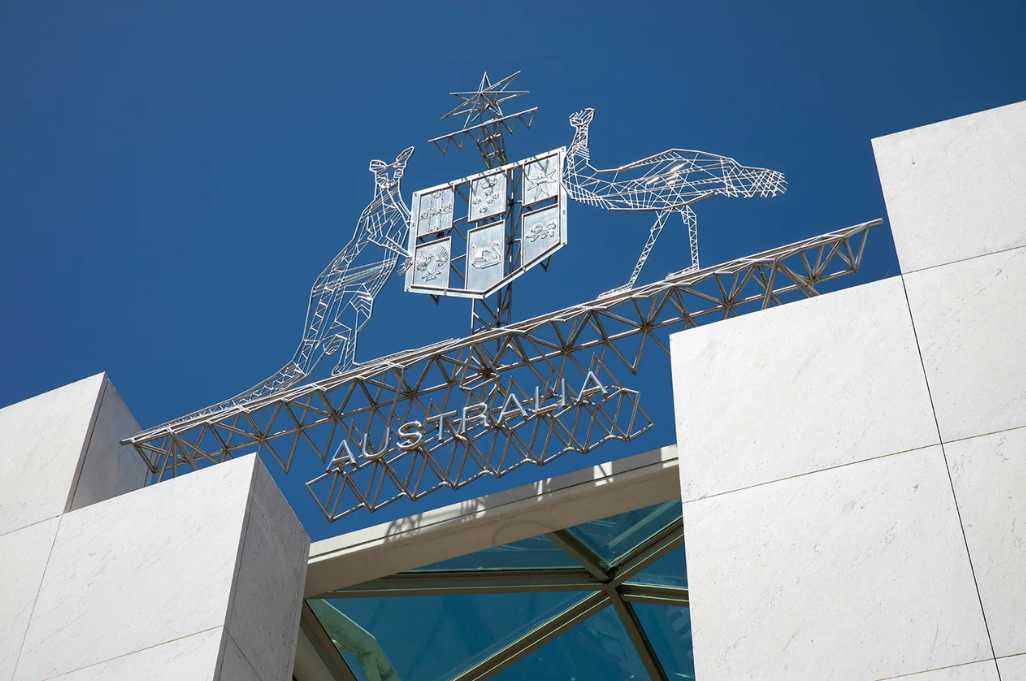
IJM Australia issued a statement in collaboration with IJM’s Center to End OSEC in response to the latest report by Australia’s eSafety Commissioner.
The report revealed that very little progress has been made by major tech providers—including Apple, Google, Microsoft, Discord, WhatsApp, and Snap—to disrupt and deter CSEM. “None of the providers used tools to detect child sexual exploitation or abuse livestreaming on all of their services.”
The failure continues “[d]espite the availability of technology to help detect child sexual exploitation and abuse in livestreams or video calls,” according to the eSafety Commissioner’s latest report.
“I think this is hugely concerning. This is illegal content. This is literally the rape, torture of children and they’re enabling it and turning a blind eye,” said Julie Inman-Grant, the eSafety Commissioner. The Australian Institute of Criminology has identified online video calling services as “a central vector for livestreaming child sexual exploitation and abuse.”
In IJM Australia’s statement, John Tanagho, IJM Philippines' Director of Demand-side Advocacy, and Executive Director of IJM’s Center to End Online Sexual Exploitation of Children, was quoted: “Every Australian should find it deeply disturbing that the wealthiest, most powerful tech companies in the world are doing nothing to protect children from child sexual abuse streamed live in video calls.”
“Companies can use artificial intelligence and machine learning tools, along with a range of signals and red flags, to detect and disrupt in real-time the rape of children through the services and platforms they provide freely to the world. They must be required to do so.”
IJM Australia’s statement highlighted an excerpt from Philippine Survivor Network leaders’ submission to the 2024 review of Australia’s Online Safety Act:
We have experienced different forms of online sexual exploitation such as livestreamed sexual abuse and production of child sexual abuse materials in exchange for money received by facilitators from online paying customers.
We also specifically ask that digital services be held accountable for livestreaming child sexual abuse – that such criminal activity be proactively detected and disrupted on their platforms.
The survivor leaders’ testimony is backed by IJM’s research showing nearly half a million Filipino children have been victimized. This survivor-led advocacy is not only amplifying the urgency for stronger laws but also positioning the Philippines as a leader in the global movement to end online sexual exploitation of children. The Philippines plays a critical role in exposing the failures of Big Tech and shaping international standards for digital safety.
Read IJM Australia’s statement here.
The eSafety Commissioner Snapshot report is available here and the full report is available here: A Baseline for online safety transparency: The first regular report on child sexual exploitation and abuse, and sexual extortion (pg. 38-40 for livestreamed child sexual exploitation and abuse.)




